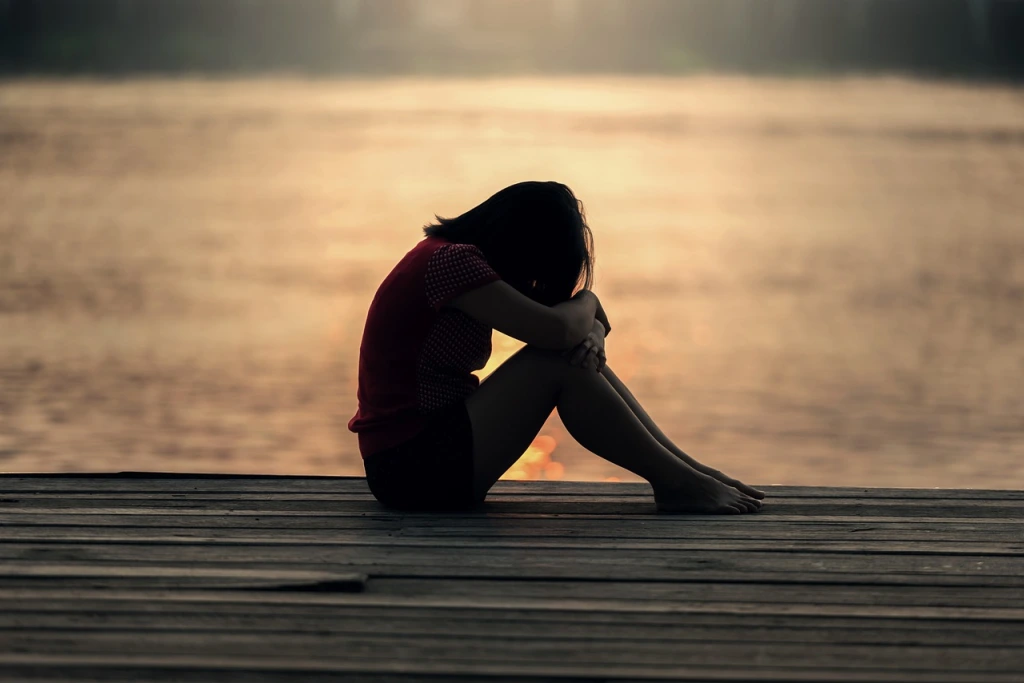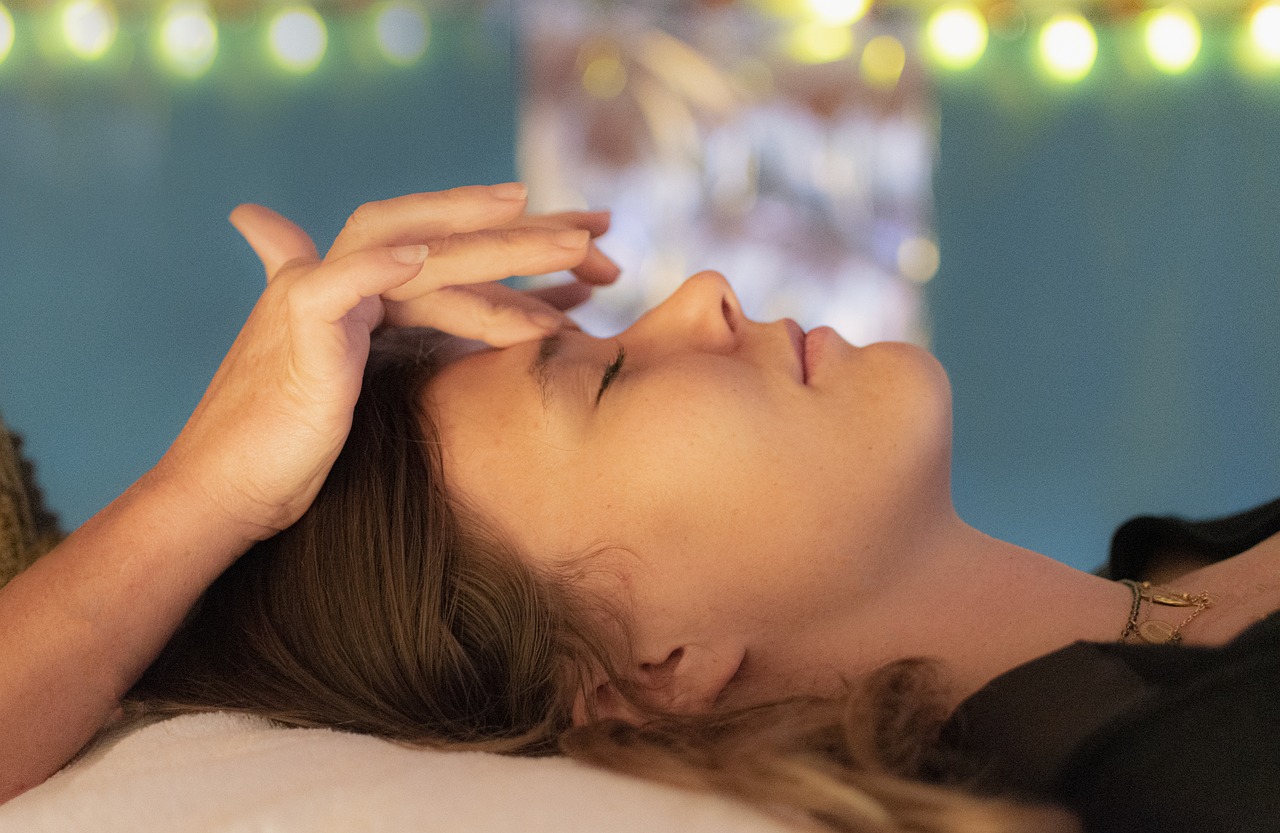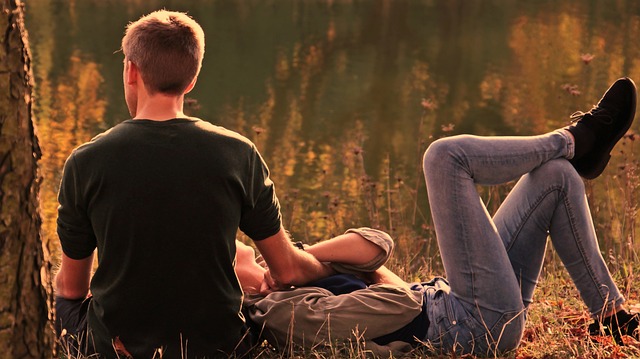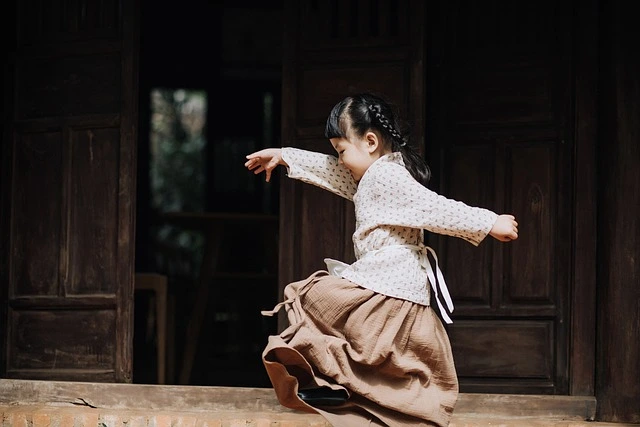My personal fear of rejection
I never acknowledged it until recently, but a huge part of my personal growth was admitting and facing my fear of rejection. So much of my behavior, major life decisions, and reactions were based on this single fear, and it’s something I still struggle with.
How I showed up in romantic relationships, the push-pull dynamics I enacted, and my anxiety and spirals all started to make sense to me once I started to acknowledge this internal fear that was unconsciously driving me.
When I was 24, I had a month-long insomnia period, where I swear, it felt like I didn’t get a single hour of sleep. I lost so much weight, looked like a skeleton and felt like hell. I was spiraling and it drove me to quit my comfortable job, leave all my friends, break up with my boyfriend, pack everything up and travel to Nepal and India. I didn’t fully understand why I was spiraling at the time, but fast forward 5 years, I know why. Right about the time my insomnia emerged, I met this guy while traveling who I cheated on my boyfriend with (that’s another story). I wasn’t even that into him and his personality was not at all attractive, but the fact that he wasn’t into me made me go crazy. I told my boyfriend what I’d done over the phone, broke up with him, and thus, my spiral began.
Similarly, whenever I had boyfriends in my twenties, I would get extremely anxious when I felt they were pulling away, yet, I was the one who would break up with them and want to get back together (definitely signaling towards my anxious attachment). The sweet, emotionally stable guys who were actually into me turned me off. When I casually dated guys and felt they weren’t that into me – where I didn’t receive a text back in a certain time frame or felt rejected, I would obsess and spiral – even if I wasn’t into them initially. This meant I wasn’t able to focus on my job, would drink to feel less anxious, consume drugs, sleep with guys I wasn’t into for validation, and do all sorts of other unhealthy things.

It came to a point where I had to recognize I was searching for love outside of myself, trying to re-enact my childhood into adulthood, and subconsciously gain the love from my father I felt I lacked, with the men I was dating. I realized how much I lacked self-love, and how I sought external validation in its place. I placed value on my looks, who I was dating, and other fleeting things. The moment I admitted my deep rooted fear of rejection and lack of self-love, is when my life started to change. I’m not going to lie, it’s been difficult and depressing some days, but life has become much more peaceful. To understand what’s going on in my internal world has been one of the greatest blessings, but some days, I feel like Neo from the Matrix where it feels as though my entire life has been a lie.
A little background on me – my parents got divorced when I was 8. My dad cheated on my mom a lot, and as a child, I knew about it because my mother would tell me. To add to the daddy issues, my mom told me that my dad loved my sister more than me and that when I was a baby, he told her I wasn’t his child. Growing up, my dad actually was an amazing father. Although emotionally unavailable and a lot of the time, physically unavailable due to his job, he provided for my sister and I in the best way he could and valued our growth and education. I always thought he was an amazing father, but unconsciously I was looking for his approval and love that I convinced myself I didn’t have. As a young adult, I looked for that through external factors – partners, parties, physical appearance, and material possessions.
Where does fear of rejection come from?
As human beings, we are wired for community and have a biological need for a sense of belonging. Our cavemen ancestors relied on their communities to survive, and to this day, community is a huge indicator to one’s perceived sense of happiness.

Naturally then, it makes sense that so many of us have a fear of rejection. Researchers discovered that social rejection lights up the same brain regions incurred with physical pain (Science, 2003). Our brains are wired to seek pleasure and avoid pain, so in a funny way, our fear is actually working to keep us safe.
Not only is the fear of rejection biological and ingrained in us humans, it can further be exacerbated by childhood traumas and experiences. This makes certain people particularly sensitive to rejection, as this type of person can make meanings out of perceived rejection, such as feelings of worthlessness, feeling like a loser or that they aren’t smart or attractive enough.
We know a lot of our beliefs and self perceptions are formed during childhood, when we are easily influenced and ‘programmed,’ and a lot of our behaviors as adults stem from our inner child. So for a person like me, who felt rejected as a child, or for someone who experienced any form of negligent caretaking, bullying or abandonment, real or perceived, as a child – rejection can feel incredibly painful.
Why fear of rejection is important to understand
Fear of rejection can affect so many facets of our lives. Personally, my fear of rejection led me to go after guys who were emotionally unavailable or guys I wasn’t actually attracted to on a soul level. It also prevented me from going after certain career paths I was interested in. Like many children, I grew up believing I had to make money and that meant giving up my passions. Part of that was so I wouldn’t disappoint my father. If I was acting purely from my desires and from my heart, I probably would have pursued art studies in college, or pursued yoga teaching in my early twenties after quitting my job.
Fear of rejection can prevent someone from living their fullest expression. It can prevent someone from showing up authentically in life and relationships. It can prevent people from being social or putting themselves out there. People who have a severe fear of rejection, whether conscious or not, can have a tendency to show up inauthentically, demonstrate passive aggressive behavior, people please, emotionally distance themselves or shut down, have a difficult time setting boundaries, and more.
Ways to Navigate Fear of Rejection
While fear of rejection is very natural, when it’s debilitating and hindering someone’s life, it’s important to work through it and find ways to work with it.
- Self Reflection
Self reflection is key to understanding where your fear of rejection comes from. Think about when your fear of rejection manifests – what triggers it and under what circumstances or situations it arises. Think about your past experiences and where rejection has previously occurred, how you reacted, and how you’re still standing today – alive and well.
Reflect on your childhood and your caregivers. Ask yourself whether there was anything that happened during childhood that created your heightened fear of rejection. Was a parent emotionally unavailable, or were you bullied in school? We often forget just how much our childhood beliefs are carried into adulthood.
- Count your blessings and gifts
It’s easy to get caught up and lost in our negative thoughts, fears, and worries. I’ve definitely been there – often having OCD thoughts where I can’t seem to think of anything else besides how shitty I feel.

It’s helpful to recognize all the amazing things we do have and all of our unique amazing qualities. In the low vibrational feelings of fear and rejection, it can be difficult to think positively about yourself, however, it’s important to practice this. People who have an extreme fear of rejection tend to ruminate on what’s wrong with them, what they don’t have, and their lack. Rather, if you focus on all your beautiful qualities, the fact that you’re so aware and sensitive, you can start to shift your anxieties and reframe your thoughts. Gratitude practice is immensely helpful in reducing anxiety and depression.
- Recognize everyone’s life is a version of their own story
Everyone is acting out their own play, starring in their own movie, their own version of reality. Life plays out for each person based on their upbringing, their programmed beliefs, insecurities birthed from experiences and inherited genetics, and how they react to things that happen. Things are always happening and things will always keep happening – that’s just life. But if you think about it, experiences are based on your unique reaction to the things that happen. For one person, thunder could be a terrifying experience, while for another, it could be a huge joy.
Your fear of rejection may be more severe than others based on your programming – the thoughts and beliefs you told yourself when certain things happened, such as a teacher yelling at you in grade school or a parent leaving you alone at home for a few days making you believe you’re unworthy or unloved. Just recognizing and knowing that these events strengthened your fear of rejection can be a source of calm. The source of your fear came from what you told yourself based on things that happened, so it’s possible to tell yourself a different story. Perhaps you could tell yourself that the parent who left you for a few days was struggling with their own insecurities and fears, or the teacher that scolded you was lacking emotional awareness. Understanding this helps you grasp the fact that almost nothing is personal. There is nothing wrong with you, nor did you do anything to warrant the rejection.
- Meditation
Meditation goes hand in hand with the first point of self reflection. Meditation helps you cultivate awareness and focus. It helps you become aware of your thoughts and how fleeting they are, which you come to understand does not make up who you are. Meditation lowers anxiety, increases focus, cultivates patience, and as a result, often brings more joy and peace in one’s life.
Whenever you’re feeling anxious about rejection, or getting caught up in the fear of rejection, take a moment to meditate. Ask yourself if anything is actually happening at this moment. We are oftentimes afraid of diving deep into our feelings and emotions, but sitting with yourself is not as scary as we make it out to be. Meditation helps take you out of your thought spirals, recognize that nothing scary is actually happening, and brings you back into equanimity.
- Self Regulation
Emotional control and self regulation are some of the most powerful tools a person can use to navigate the anxieties and stressors of life. Self awareness practices such as journaling, meditation, or movement can help you identify your emotions and help you learn to control them. When you start to really feel your emotions, understand the source of them, and learn to manage your responses, you become such a powerful being. You become more resilient, patient, and understanding. You become more confident in your dealings with people and situations, knowing that you are always on your side.
- Remember that keeps moving
At the end of the day, life is pretty short and life is moving so quickly, that whatever happened a year ago really doesn’t matter today. A rejection may hurt for a day, maybe even a few months, but it will eventually stop hurting. It’s comforting to know that the pain of rejection will eventually disappear.
This excerpt from Sogyal Rinpoche’s book ‘The Tibetan Book of Living and Dying’ sums it up pretty well:
“What is our life but this dance of transient forms? Isn’t everything always changing: the leaves on the trees in the park, the light in your room as you read this, the seasons, the weather, the time of day, the people passing you in the street? And what about us? Doesn’t everything we have done in the past seem like a dream now? The friends we grew up with, the childhood haunts, those views and opinions we once held with such single-minded passion: We have left them all behind. Now, at this moment, reading this book seems vividly real to you. Even this page will soon be only a memory.”
I’ve gotten so wrapped up in negative thoughts and moments in my life, but they’ve all disappeared and eventually, I moved on from them and learned from them. Everything changes, life keeps life-ing and that’s the nature of existence. Keep remembering this fact, and it will help you stay resilient in the face of painful moments.
Using your fear of rejection as a gift
In modern society, it’s impossible not to experience rejection. Whether it’s not receiving a callback from a job application, not receiving a text back, or receiving a negative comment on social media, everyone experiences some form of rejection nowadays. Recognize that it’s a normal part of life, that everyone is experiencing it, and use it to become a better, stronger, more confident version of yourself.

The worst times in my life where I felt the most pain, were actually the best times in my life for my personal growth and development. The spirals I experienced from the rejections I received helped me understand myself better, dig deep into my feelings of low self worth, become more resilient with painful moments, and ultimately become a better, more self aware, emotionally evolved person. So I thank all of the people and situations that have rejected me, because all of those people and circumstances made me who I am today. So thank those situations and people who’ve rejected you. Use your rejection as a push to become better and cultivate self love.







Leave A Comment